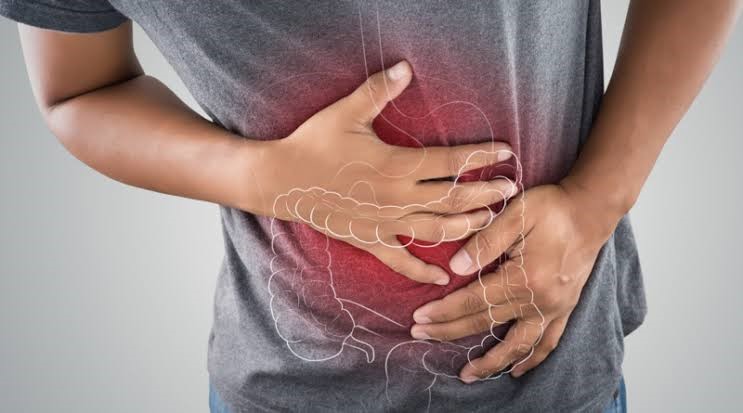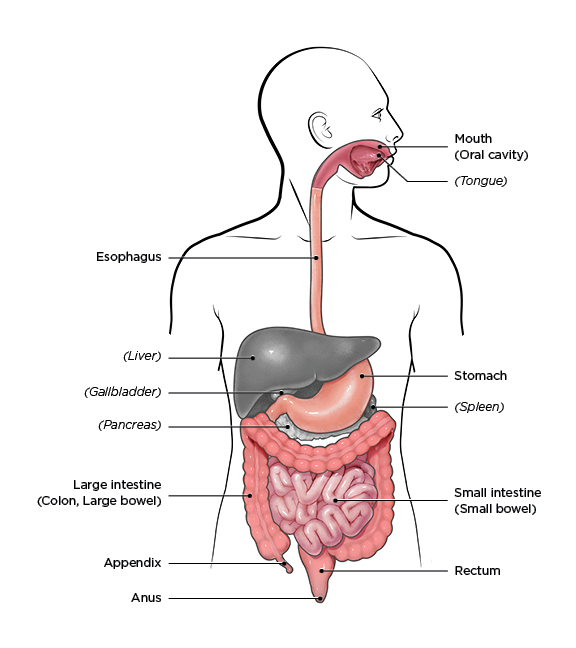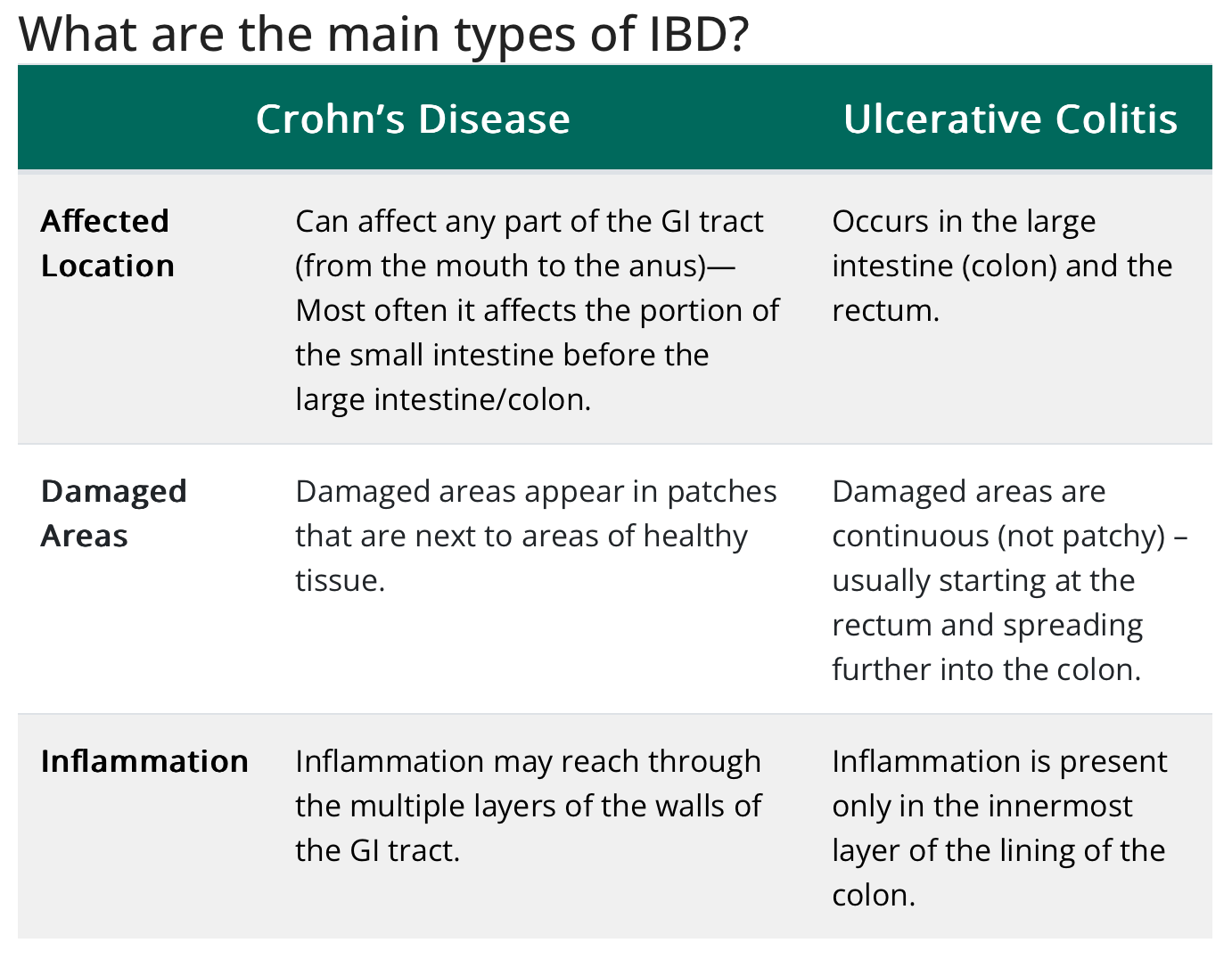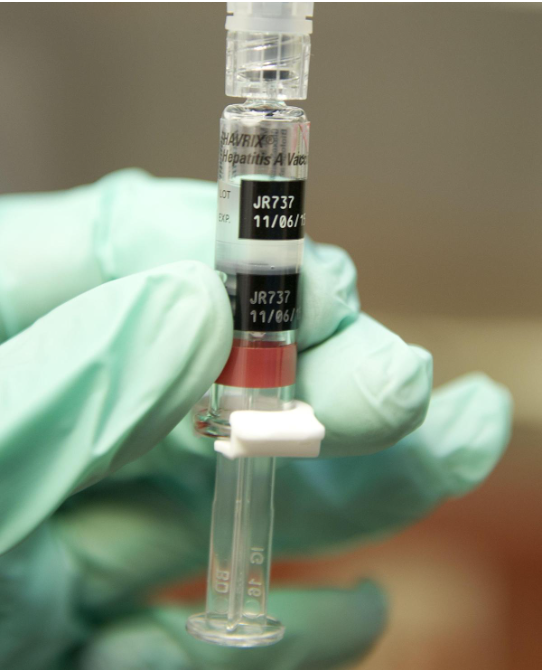Description

Disclaimer: Copyright infringement not intended.
Context: Inflammatory Bowel Disease (IBD) has undergone a significant shift in prevalence in India, as per a recent study published in the Lancet journal.
Findings of the study
- The study discovered that IBD is now as prevalent in rural areas just as it is in urban areas. This was contrasting with the situation two decades ago when it was more widespread in the west.
- The study points to urbanisation of rural areas as a leading cause of this shift.
- With changing environments and dietary habits, the availability of processed food has increased, contributing to the rise in IBD cases.
- Out of the total patients assessed, 6,362 were from rural settings, while 24,473 were from urban areas.
- During the 26-month assessment, 1,680 people were identified as suffering from IBD, with 992 of them having Crohn’s Disease (CD) and 688 having Ulcerative Colitis (UC).
What is inflammatory bowel disease (IBD)?
- Inflammatory bowel disease (IBD) is a term for two conditions (Crohn’s disease and ulcerative colitis) that are characterized by chronic inflammation of the gastrointestinal (GI) tract. Prolonged inflammation results in damage to the GI tract.


What are the common symptoms of IBD?
- Persistent diarrhea.
- Abdominal pain.
- Rectal bleeding/bloody stools.
- Weight loss.
- Fatigue
What causes IBD?
The exact cause of IBD is unknown, but IBD is the result of a weakened immune system. Possible causes are:
- The immune system responds incorrectly to environmental triggers, such as a virus or bacteria, which causes inflammation of the gastrointestinal tract.
- There also appears to be a genetic component. Someone with a family history of IBD is more likely to develop this inappropriate immune response.
How is IBD diagnosed?
- A combination of endoscopy (for Crohn’s disease) or colonoscopy (for ulcerative colitis) and imaging studies, such as:
- Contrast radiography.
- Magnetic resonance imaging (MRI).
- Computed tomography (CT).
- Stool samples.
- Blood tests.
How is IBD treated?
- Types of common medications to treat IBD:
- 5-aminosalicyclic acids.
-
Immunomodulators.
-
Corticosteroids.
-
Biologics.
- Surgeries to remove damaged portions of the gastrointestinal tract.
|
PRACTICE QUESTION
Q. Consider the following statements about Inflammatory Bowel Disease (IBD)
- Inflammatory bowel disease (IBD) is a term for two conditions (Crohn’s disease and ulcerative colitis)
- They are characterized by chronic inflammation of the gastrointestinal (GI) tract.
How many of the above statements are correct?
- 1 only
- 2 only
- Both are correct
- None are correct
Ans: C
|

https://www.thehindu.com/incoming/urbanisation-spurs-rise-of-inflammatory-bowel-disease-in-rural-telangana/article67162656.ece













